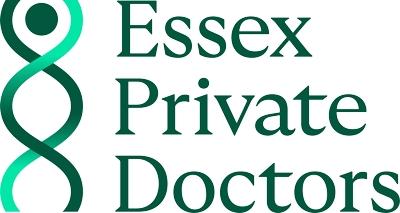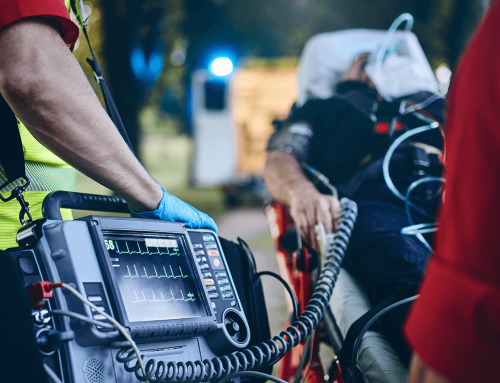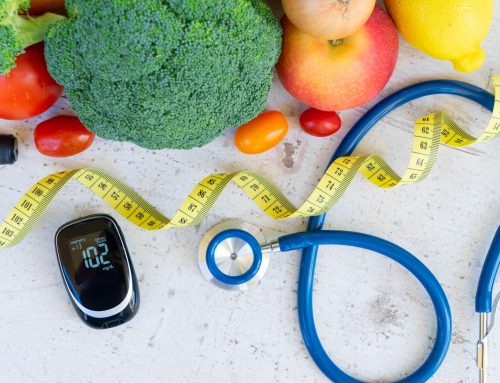It’s Action on Stroke Month 1-31 May, here Dr Scott takes a look at Stroke and what you can do to reduce your risk.
The size of the problem
Every year there are more than 100, 000 strokes in the UK – this is one stroke every five minutes. It is the 4th leading cause of death in the UK but one of the most common causes of long term disability as people are often left with problems due to their brain injury. It costs the NHS £1.7 billion a year. Strokes can affect people of all ages, even children, but they are most common in people over the age of 65 years. New research has shown that the number of Strokes in the UK is due to rise by up to 44% within the next 10 years, as a consequence of unhealthy lifestyles and an aging population. Therefore we must take action now to try and reduce this figure.
What is a Stroke?
A Stroke is damage to the brain due to lack of oxygen. There are two main types of Stroke – ischaemic and haemorrhagic. In an ischaemic Stroke, a blood vessel supplying oxygen to the brain (an artery) gets blocked with a clot and this stops the blood supply getting to that part of the brain. The clots are either due to the formation of atheroma (the deposition of cholesterol along the lining of the artery) which can cause narrowing and then total blockage of the artery, or from a clot which has formed in the heart and then travelled in the blood and become lodged in the artery. Normally blood passes smoothly through the heart as it beats, but if the heart beats in an uncoordinated fashion this can lead to the spinning of blood as it passes through it which can predispose it to clot formation. This commonly happens with an abnormal heart rhythm called Atrial Fibrillation where the heart beats irregularly. In a haemorrhagic Stroke a blood vessel bursts and the blood then spreads into the surrounding brain tissue and deprives it of oxygen.
What are the symptoms of a Stroke?
If one of the large arteries in the brain is affected this will cause a large Stroke which can cause death whereas if a very small artery is affected it will cause a small Stroke which will cause minor problems, which may resolve completely over time. In most cases, however, the effects are in between these two extremes.
The symptoms of Stroke depend on which artery in the brain has been affected so every stroke is different. Common symptoms include weakness down one side of the body, difficulty speaking or swallowing, balance problems, confusion, headache and tiredness.
An easy way of remembering common symptoms of Stroke is using the mnemonic FAST, this does not include every symptom of Stroke but it is thought that 80-90% of people with a Stroke will have at least one of these symptoms.
Facial weakness. Can the person smile? Has their mouth or eye drooped?
Arm weakness. Can the person raise both arms?
Speech disturbance. Can the person speak clearly? Can they understand what you say?
Time to call 999
IF YOU THINK SOMEONE IS HAVING A STROKE CALL 999 IMMEDIATELY!
Who is most at risk?
As you get older your arteries naturally become narrower but there are some conditions which can accelerate this process, including: high cholesterol, diabetes, high blood pressure, atrial fibrillation, smoking, being overweight and excessive alcohol intake.
If you are concerned about your risk of Stroke, many of these risk factors can be detected by having a physical examination to check your blood pressure and that your pulse is a regular rhythm. Simple investigations such as a heart tracing (ECG) can be used to look for atrial fibrillation, and blood tests can check for diabetes and your cholesterol level.
How can I reduce my risk of Stroke?
There are many things you can do to try and reduce your chances of having a stroke. Ensuring your weight is at a healthy level (body mass index 19-25), eating healthily, limit your alcohol intake to less than 14 units a week and having an active lifestyle, for example, being active on most days of the week for at least 30 minutes. Stopping smoking will also help, as chemicals in the tobacco damage your arteries. If you have high blood pressure and cholesterol, your doctor might suggest medication to reduce these. If you are diabetic it is important to try and have good control of your sugar levels using sensible eating and in many cases, medication too. If you have atrial fibrillation, you might be advised to have an anticoagulant medicine to prevent blood clots forming.
If you are concerned about your risk of Stroke or want to discuss or assess your risk further, we offer comprehensive health screening packages at the surgery so please call our helpful reception team to book an appointment on 01277 201001.
References:
https://patient.info/health/stroke-leaflet






